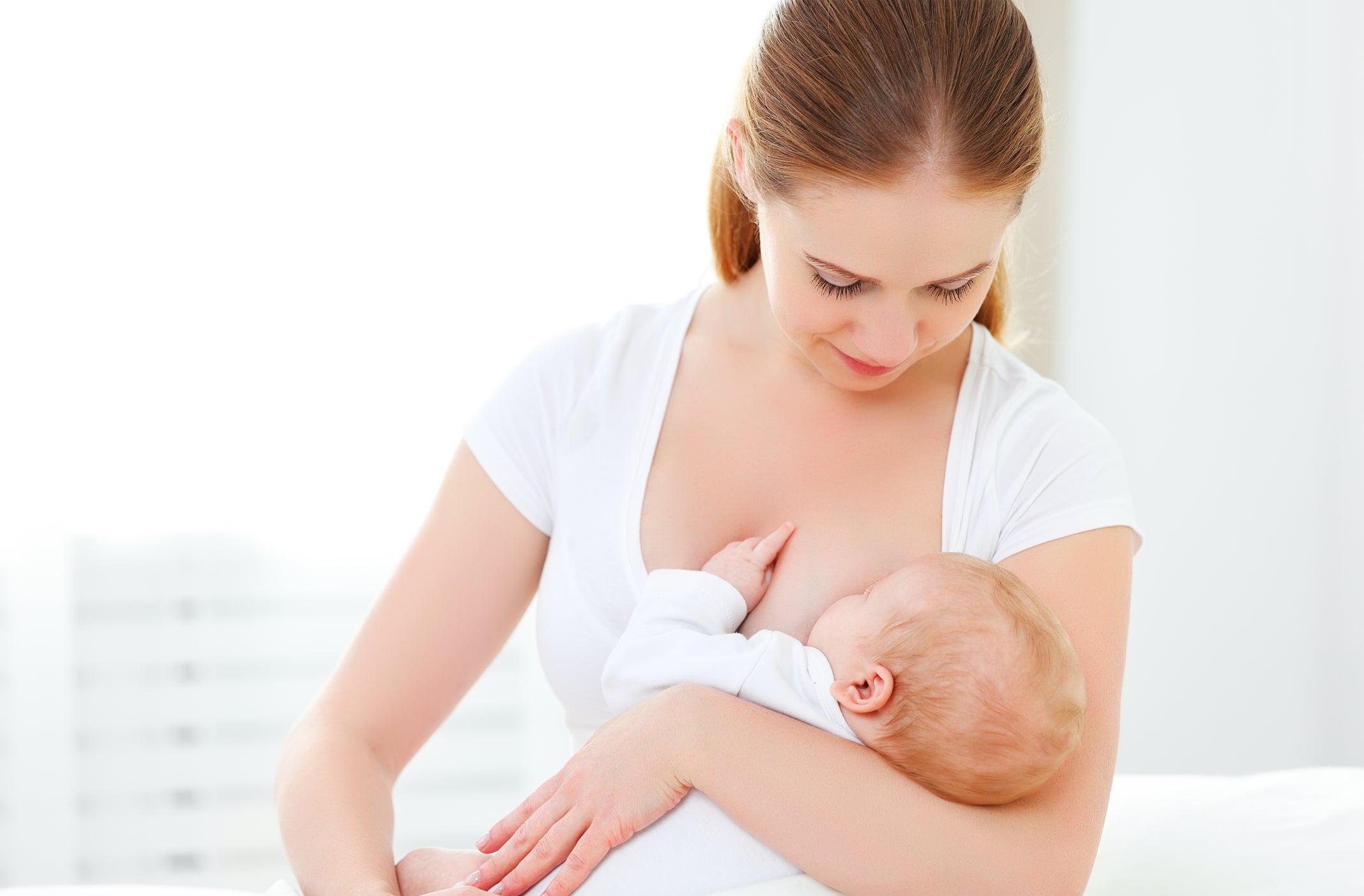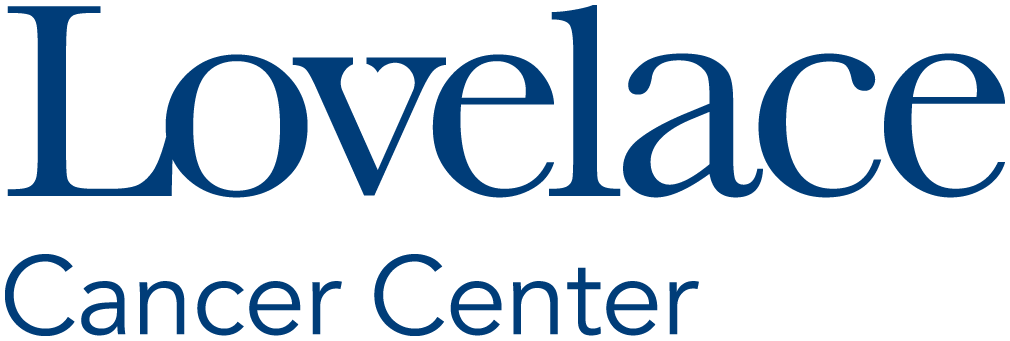
Did you know, among the many health benefits for you and your baby, breastfeeding can reduce your risk of breast cancer? “There are research and clinical trials proving the relationship between breastfeeding and breast cancer that say if you breastfeed, you lower your risk,” shares Lovelace Breast Care Center provider, Dr. Katherine Lee. “However, the timeframe of how long you breastfeed has to be somewhat substantial, so I encourage women to breastfeed at least six months to a year and beyond if possible.”
What is the reasoning behind breastfeeding lowering breast cancer risks? Dr. Lee receives this question from her patients all the time. “The most commonly accepted reason is that your breast tissue is allowed to mature when you breastfeed, and these mature tissues or breast cells actually prevent genetic changes from occurring,” she shares. “Gene susceptibility means that the breast tissue isn’t quite mature yet and can be an issue when it comes to cancer risk. If you have gene susceptibility, you could be more vulnerable to having genetic changes. When you breastfeed, the breast cells are allowed to mature throughout the woman’s lifetime, so they are less susceptible to genetic changes. (I feel like this sentence is repetitive to the first one)When you breastfeed, you also have fewer menstrual cycles. This means you have fewer hormone surges as well, which can also play a certain role. I believe the main reason is the maturing of the breast cells that happens when you breastfeed, as opposed to when you don’t breastfeed.”
Dr. Lee does caution that there are other risks associated with breast cancer: “Although breastfeeding reduces risk, it does not eliminate all risk. There are other risk factors involved that can play a role in a women’s specific risk of breast cancer, such as your family history.”
Women who are considering breastfeeding may notice how much support and encouragement are available today. “The pendulum has completely swung the opposite way when it comes to breastfeeding,” says Dr. Lee. “In the 60s, 70s, and 80s, breastfeeding was not promoted at all. In fact, hospitals used to give babies to a wet nurse right after birth, so the mother’s milk would dry up. It was so extreme they would even promote the benefits of not breastfeeding. In 2017, breastfeeding is promoted and support of breastfeeding as long as possible is becoming more common.”
Even with the increased awareness and support in 2017, it is not unusual for women to have challenges that interfere with breastfeeding. “Sometimes there are challenges they face, such as inverted nipples, which make it difficult to breastfeed,” says Dr. Lee. Breastfeeding moms should not feel bad or guilty for any difficulties they experience. Lovelace’s certified lactation consultants offer help seven days a week to discuss these concerns and help facilitate successful breastfeeding. Call 727.6967 or email lactationservices@lovelace.com to schedule an appointment today.
To learn more about the many benefits of breastfeeding, visit our Labor of Love Facebook page by clicking here. To learn more about Dr. Lee, please click here.



